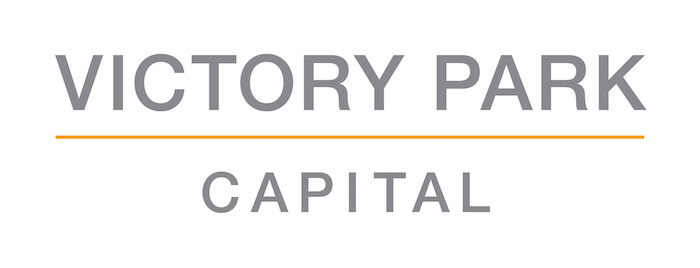ILFA and the Association of Litigation Funders of England and Wales have submitted a joint response to the Civil Justice Council’s consultation on litigation funding.
Legal experts, representative bodies and law firms have also made their submissions public. While there are – of course – a range of views about the sector and possible reforms, there are two common threads:
- Firstly, all contributors are in unanimous agreement that litigation funding is a critical tool in the UK for enabling access to justice, from Sir Alan Bates and the subpostmasters in the Post Office scandal to equal pay for supermarket workers.
- Secondly, the uncertainty facing the sector because of the 2023 PACCAR judgment is jeapordising that access to justice and must be urgently reversed. In their submission to the CJC, leading Oxford University civil justice academics said “there is a compelling and urgent need to reverse the effects”. The City of London Law Society said “this is an ongoing unsatisfactory state of affairs”. The Class Representatives Network said the current state of uncertainty is “untenable”. The Forum of Complex Injury Solicitors wants to “reinstate the position of prePACCAR”. It goes on.
ILFA and ALF joint response
ILFA and ALF’s submission is based on the views of its members who are among the largest and most experienced funders in England and Wales.
In summary, the views of ILFA and ALF are as follows:
- Litigation funding plays a critical role in enabling access to justice. For many claimants, including consumers and SMEs, it provides the only route to redress. For others, litigation funding allows businesses to use their capital to grow their core business and create jobs instead of tying up budgets for litigation costs.
- Litigation funding has worked well in England and Wales. As well as providing access to justice, litigation funding promotes equality of arms between parties. Funding also brings other benefits such as promoting the public interest through exposing corporate wrongdoing, driving good litigation behaviour and supporting the development of English jurisprudence. Commonly stated concerns about litigation funding supporting frivolous or vexatious claims are not supported by evidence; in fact, the evidence is that funders are highly selective in the cases they fund, providing a reality check which benefits parties beyond the funded client and helping direct resources towards meritorious claims.
- As well as enabling access to justice, litigation funding has developed into a crucial pillar supporting the UK’s leading global role as a legal and financial centre. To ensure this continues, urgent legislation is needed to address the uncertainty caused by the PACCAR judgment.
- In the absence of evidence of harm that needs to be addressed and given the detriment that would be caused by additional regulatory burdens, the current self-regulatory approach strikes the right balance. It will continue to evolve by, for example, potential updates to the ALF Code of Conduct in consultation with the CJC.
- Funders’ returns should not be capped. The existing, competitive funding market is best placed to assess and price the many risks involved and the practical effect of an (inflexible) cap would be to make fewer meritorious cases fundable and have a negative effect on access to justice.
- Litigation funding helps to control costs (via funder scrutiny and oversight of budgets) but costs are subject to many factors including the defendant’s conduct of the case. Arbitrators have discretion to order that the cost of litigation funding should be recoverable as a cost in proceedings. The courts should have the same discretion.
- Recoverability of adverse costs and security for costs applications increase the costs of litigation, costs that are ultimately borne by successful claimants. These costs restrict access to justice and diminish claimants’ net recovery. Permitting flexibility in how adverse cost risk is addressed is beneficial for access to justice.
- Funders have less control over proceedings than other third parties that provide economic support for litigation. Concerns relating to control by litigation funders are unfounded.
- Beyond representative proceedings in the CAT, there is no need to incur the cost, delay and uncertainty of having the court approve settlements of funded proceedings.
- Claimants in funded cases are always represented by lawyers, who owe duties to their client alone, which provides protection for claimants when entering a litigation funding arrangement and throughout their litigation. Measures to address conflicts are adequately reflected in best practices and professional regulation.
About the International Legal Finance Association
The International Legal Finance Association (ILFA) represents the global commercial legal finance community, and its mission is to engage, educate and influence legislative, regulatory and judicial landscapes as the voice of the commercial legal finance industry. It is the only global association of commercial legal finance companies and is an independent, non-profit trade association promoting the highest standards of operation and service for the commercial legal finance sector. ILFA has local chapter representation around the world.
For more information, visit www.ilfa.com and find us on LinkedIn and X @ILFA_Official.






